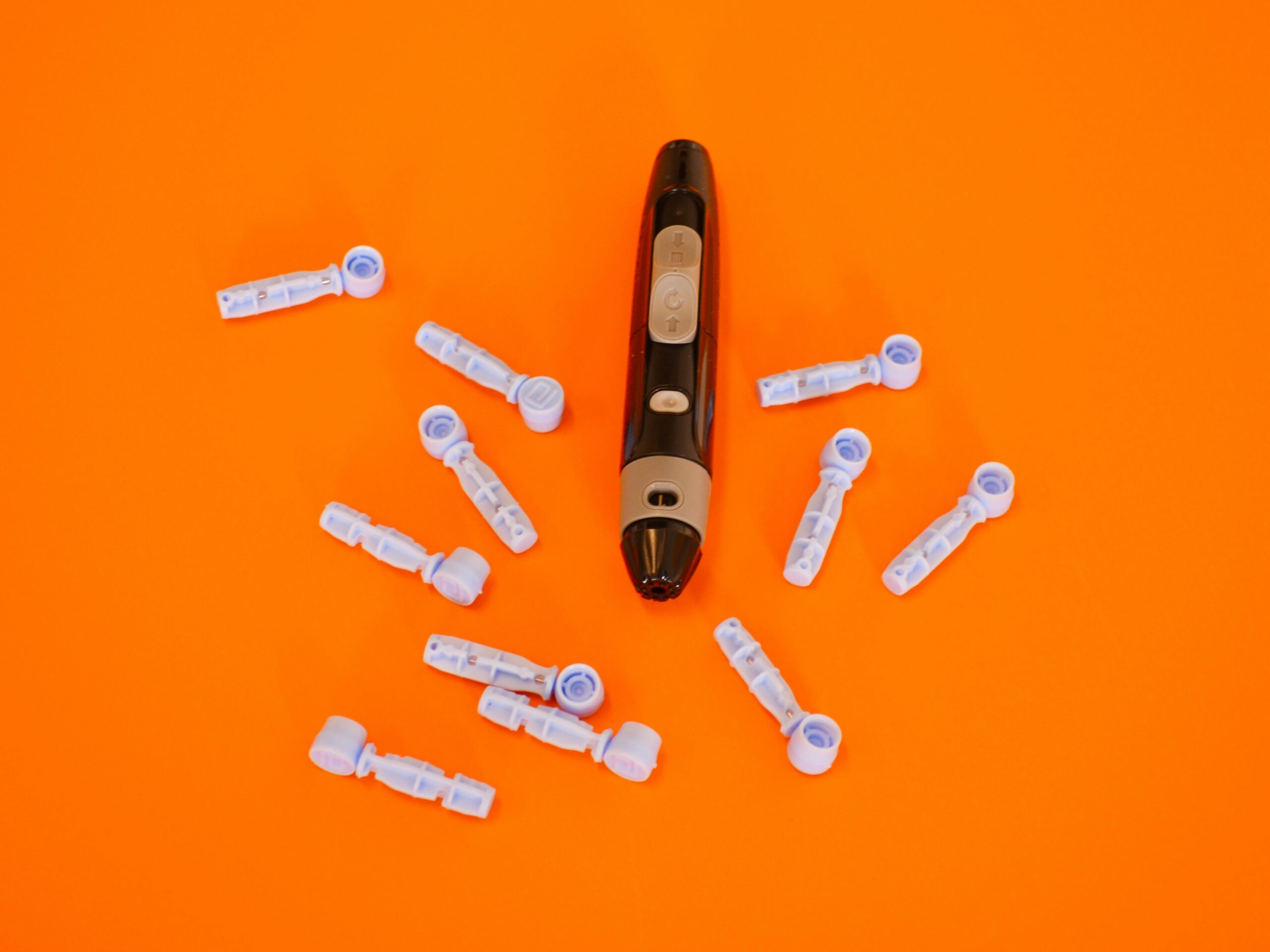Peptide drugs have already revolutionised the treatment of type 2 diabetes and are set to transform many more treatments. New approaches to process development are needed to overcome the challenge of manufacturing these medicines in sufficient quantities.
The timely delivery of novel medicines to patients requires the rapid development of new manufacturing processes that offer reliability in terms of product safety, quality and uninterrupted supply. This is challenging due to the lack of experimental data during process development and the time pressures arising from the need for material for clinical trials. In recent years, the fast growth of new modalities such as peptides and oligonucleotides has provided new hope for patients while creating additional challenges for process development. The Sargent Centre has been developing and demonstrate a suite of new methods that can support effective and safe process development, from synthesis to separation, through the design of minimal, yet highly informative, experimental campaigns.
More specifically, a key objective is to develop new protocols and systems engineering tools to design experimental campaigns that provide the data necessary for process development, while reducing the number of experiments required and hence costs. The experiments designed should inherently support a range of objectives in medicines manufacturing such as reduced environmental impacts, increased safety and increased manufacturing resilience.
Sargent Centre researchers have made significant advances in the design of smarter experiments through a multi-faceted programme of research that involves:
- the consideration of multiscale, molecule-to-process, interactions,
- the adoption of systems thinking to develop approaches that are transferable to many aspects of process development and to other sectors,
- the use of multidisciplinarity perspectives to develop industrially-relevant approaches that build on a fundamental understanding of the underpinning science.
The Sargent Centre’s broad-ranging programme in medicines manufacturing has involved deep and sustained collaboration between industry and academic partners. This has resulted in significant benefits in the design of experimental campaigns, with several key contributions:
(i) A novel approach to design experiments that optimally explore the process space, facilitating scale-up at minimal cost. The experiments have much greater likelihood of feasibility and information content than a standard (factorial) experiment design. This approach has been deployed successfully by industry partners and is now commonly used across drug product projects, ensuring a reliable supply of clinical material by essentially eliminating operational failures at commercial scale. For instance, for a batch wet granulation process, the approach was instrumental in achieving scale-up despite limited material that meant only 3 experiments could be conducted at lab scale. These contained sufficient information to parameterise the model reliably and to increase process scale 60-fold.
This approach has also been applied in a “live” process development project for a new continuous RNA manufacturing process. It was very useful in identifying counter-intuitive experiment designs which a standard factorial approach would miss due to complex, non-monotonic behaviour.
(ii) A new algorithmic framework for computing safe and robust experimental campaigns in the presence of modelling uncertainties. One key innovation is a bi-objective optimisation formulation accounting for uncertainty when designing a maximally-informative campaign, while reducing the risk of designing non-informative experiments by considering worst-case scenarios. Another capability is to design an optimal campaign that satisfies critical safety/operational constraints with a given probability. This framework is available through the open-source code Pydex, leveraging state-of-the-art convex optimisation technology. An implementation is also underway in the Siemens gPROMS modelling environment, a commercial tool widely used across the pharmaceutical and numerous other sectors.
(iii) A computer-based methodology to identify promising solvents for synthesis and crystallisation for safe targeted experiments, which takes into account multiple criteria to enable the integration of sustainability and safety in early-stage process development.
The methods developed to design smart experiments that support process development have been found to (1) result in cost-effective scaled-up manufacturing process to enable efficient production of future medicines by expediting delivery of high purity stable crystals for new medicine modalities; (2) improve the scale-up process taking into account safety, reliability, and sustainability; (3) address the current manufacturing challenges in large scale synthesis and purification of peptides and (iv) accelerate the development process for new therapeutic modalities.
This has important implications for wider society. By eliminating failures due to infeasible operation, one can guarantee the supply of clinical material to patients in need, which in turn ensures a smooth transition of the development program across the clinical phases. By eliminating the time invested in troubleshooting, Lilly are achieving never seen before development timelines (1 year from bench to plant) which translates into patients having access to the medicine they need in a shorter timeframe.









